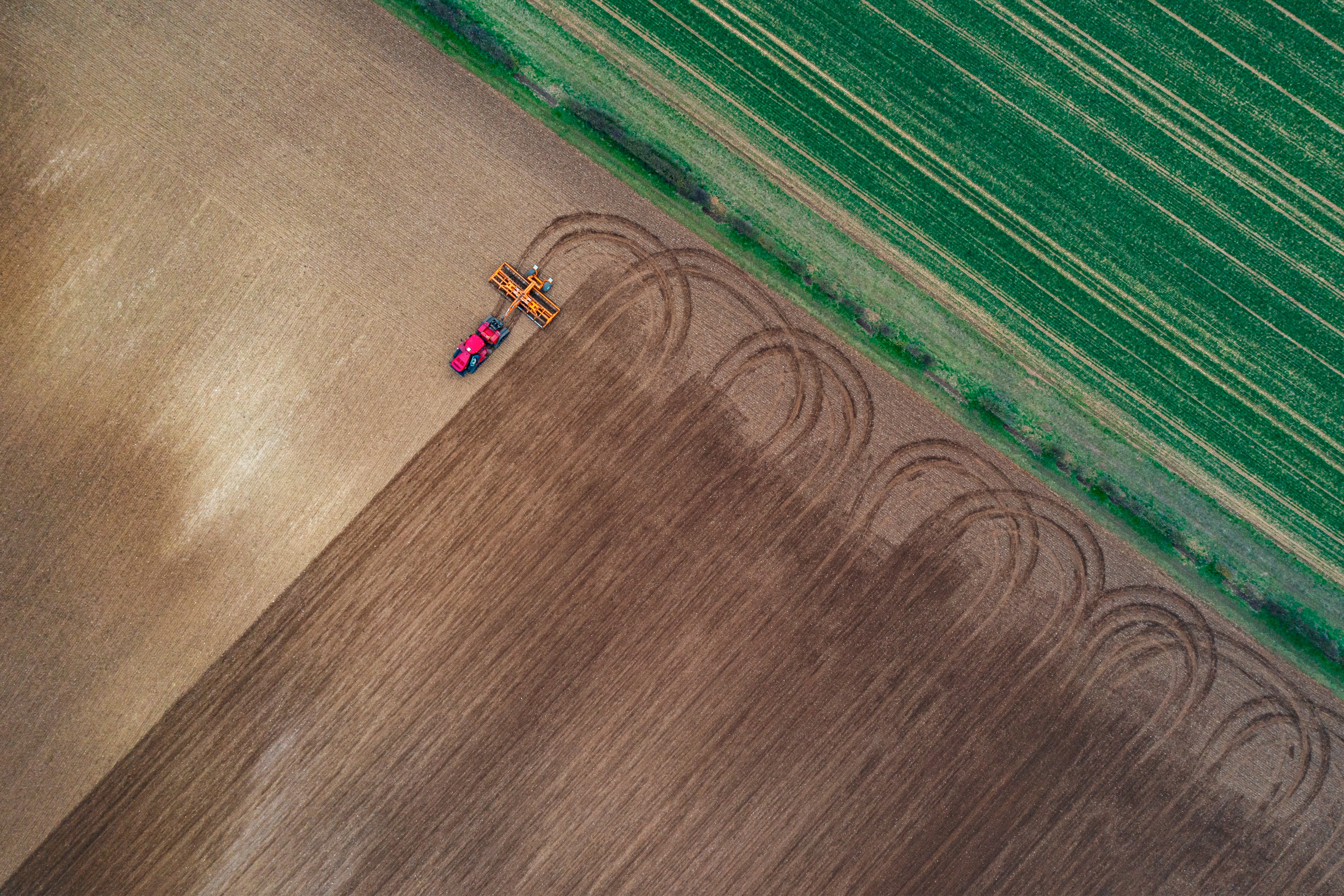The country’s National Fertiliser Plan (PNF) aims to reduce the country’s dependence on imported synthetic fertiliser by increasing domestic production.
However, it failed to set clear targets for reducing synthetic fertiliser, which could lead to overuse and threaten planet and public.
“The plan focuses on reducing import dependency by increasing domestic fertiliser production, rather than addressing environmental impacts or promoting sustainable practices which would include addressing the overuse of synthetic fertiliser.
“We think this is a missed opportunity and our report highlights that reducing overall demand for fertiliser use is more sustainable in the long term economically, environmentally and socially,” said Emma Amadi, Investment Analyst at Planet Tracker.
Planet Tracker, a non-profit financial think tank, called on financial institutions and investors to encouraging Brazilian companies to address the overuse of synthetic fertiliser.
“Investors can influence agricultural practices in Brazil by engaging with food system companies to support farmers with the transition to regenerative agriculture and support the development of alternative inputs such as bio-inoculants,” said Amadi told AgTech Navigator.
She highlighted the various steps that financial institutions should take moving forward.

“Sovereign bond holders should engage with the Brazilian government to develop plans to reduce fertiliser use by 20% by 2030 and 70% by 2050, reduce fertiliser, related pollution by 50% by 2030 and increase regenerative agriculture to 20% of total production by 2030.
“Investors should engage with Brazilian food producers and their international customers to include Scope 1 and 3 fertiliser emissions in their GHG emissions disclosures and net zero plans and targets by 2026 and commit to channel 20% of direct and indirect funding for agricultural production to support regenerative agriculture practices by 2030.”
The report also recommended that financial institutions channel 20% of direct and indirect funding for “to support regenerative agriculture practices by 2030.”
“Achieving this target would require a concerted effort from financial institutions, including developing new investment products and policies, working with companies to provide the right incentives for farmers to adopt regenerative practices, and integrating environmental criteria into investment and lending decisions,” said Amadi.
The impact of PNF
Planet Tracker’s recent report revealed that the PNF could cause GHG emissions to increase by 89% by 2050.
“Our report shows that continuing with the approach outlined in the PNF will lead to significant risks in the long term. Our analysis estimates that Brazil’s fertiliser-related GHG emissions could increase by 89% by 2050 compared to a 2021 baseline if demand for fertiliser increases by 3% per year under the PNF,” said Amadi.
The report also expects similar growth in harmful water and air pollution if fertiliser use is not reduced.
“Other risks include increased water pollution and eutrophication from fertiliser runoff — destroying aquatic ecosystems — and increased nitrous oxide pollution when fertiliser is applied to fields, causing smog and acid rain,” said Amadi.
On the other hand, Planet Tracker analysis showed that reducing synthetic fertiliser use through regenerative agriculture.
“Regenerative agriculture focuses on practices that restore soil health, such as crop rotation, cover cropping, reduced tillage, integrating livestock into arable farming and using organic fertilisers. These methods can enhance natural nutrient cycling, significantly reducing or even eliminating the need for synthetic fertilisers.”
Planet Tracker estimated that that transitioning to regenerative agriculture could reduce GHG emissions from synthetic fertiliser by over 50% by 2050 from a 2021 baseline.
Amadi highlighted how Brazilian soybean farmers have successful transitioned to bio-inoculant use.
Embrapa Soja, the soybean division of Brazil’s agricultural research corporation, estimated bio-inoculants are used instead of chemical fertilizers over 80% of Brazil’s soybean production area in 2022.
Amadi concluded: “Planet Tracker advocates for the PNF to include clear targets for reducing synthetic fertiliser use and support sustainable alternatives, particularly regenerative agricultural practices and the use of bio-inoculants.
“These changes would reduce the climate and nature risks currently associated with Brazil’s overuse of synthetic fertiliser and support the long-term sustainability of Brazil’s agricultural sector and broader economy.”





